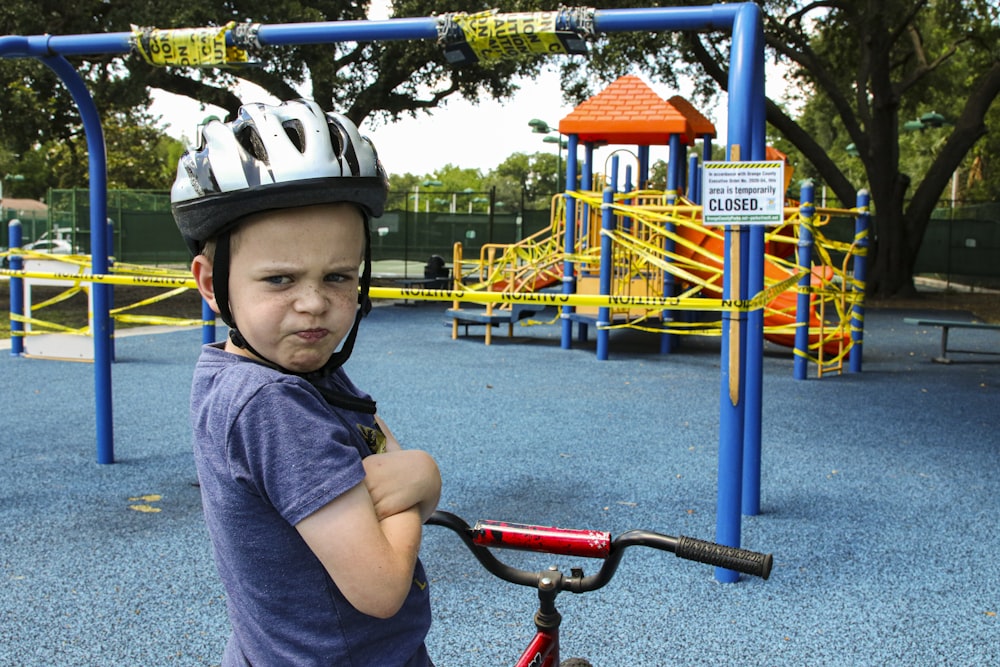When a child suffers from rage, it’s difficult for the parents. Some kids are quickly irritated and may get worked up over seemingly insignificant situations. They scream and may even become combative.
If your child has furious outbursts, particularly if their anger is interfering with their quality of life and relationships, it’s critical that you educate them on how to manage their emotions in a healthy way. A mental health professional’s advice can also be highly beneficial.
:max_bytes(150000):strip_icc():format(webp)/180261645-56a7784a3df78cf772963695.jpg)
Teach Your Kids About Emotions
When children are unable to communicate or understand their frustration, they are more prone to lash out. A child who is unable to verbalize “I’m upset!” may attempt to express their anger by acting out. A child who is unable to understand or express their sadness may misbehave in order to obtain your attention.
Start by teaching your child simple emotional terms like “angry,” “happy,” “sad,” and “scared” to help them understand and define their emotions. Label your child’s emotions for them and they will learn to label their own feelings over time.
Teach your child more advanced feeling terms like dissatisfied, disappointed, frightened, and lonely as they have a deeper knowledge of their feelings and how to articulate them.
Make A Customized Anger Thermometer
Anger thermometers are devices that assist children in recognizing when their anger is growing. On a sheet of paper, draw a huge thermometer. Begin at the bottom with a zero and work your way up to the top of the thermometer, where you will find a ten.
Discuss what happens in your child’s body at every thermometer number when they aren’t irritated or furious. Whenever your child is at level 0, they may appear to be smiling, but at level 5, they may appear to be angry. When they are two, they may feel their face become hot, and when they are seven, they may make fists with their hands.
When children use the thermometer, they learn to identify when they are experiencing rage. They will soon understand that when their anger temperature begins to increase, stepping away can help them calm down.
Make a Plan to Calm Down
Teach kids what to do if they become enraged. When upset, they might retire to their bedroom or a designated “calming zone” instead of throwing blocks. Urge them to read a book, color, journal, or do something else relaxing until they feel better. You could even put together a relaxation pack.
Develop Anger Management Techniques
Teaching particular anger management skills to a youngster who is angry is among the finest methods to help them. When your child is unhappy, for instance, taking deep breaths might help to soothe their body and mind. Taking a short walk, counting to ten, or reiterating a soothing phrase may also be beneficial. When they’re distressed, some children need a lot of guidance to help them practice those abilities.
Don’t be swayed by tantrums
Temper tantrums can be an effective strategy for children to get their needs fulfilled. When a youngster has a tantrum and their parents reward them with a gift, they will realize that tantrums are beneficial. To prevent a breakdown, don’t yield to your child. While it may be simpler in the immediate term, caving in will only exacerbate behavior issues and hostility in the long term.
Consequences must be followed through on
To teach your child that aggressive or aggressive behavior will not be tolerated, continuous discipline is required. If your child disobeys the rules, give him or her a punishment each time. Discipline tactics such as time-outs or removing privileges can be helpful. If your child damages anything out of frustration, have them help you fix it or undertake activities to help you collect money to repair it.
Stay away from violent media
Exposing your youngster to violent television episodes or video games might aggravate their aggression. Expose kids to books, games, and shows that demonstrate constructive conflict resolution techniques.


